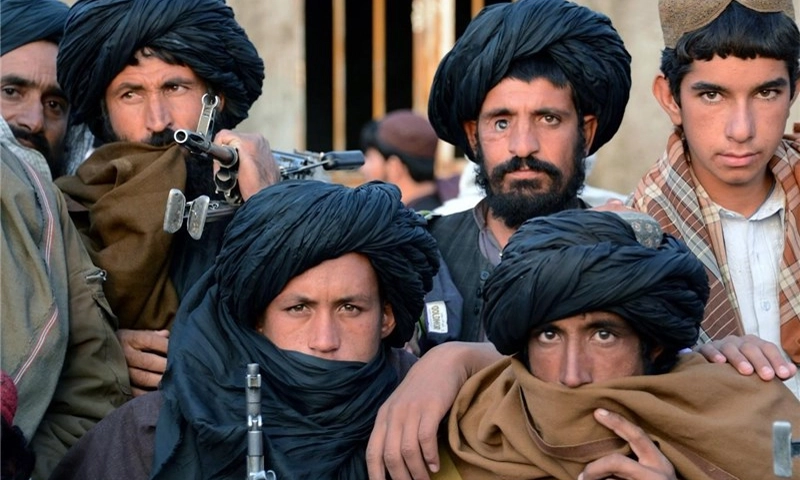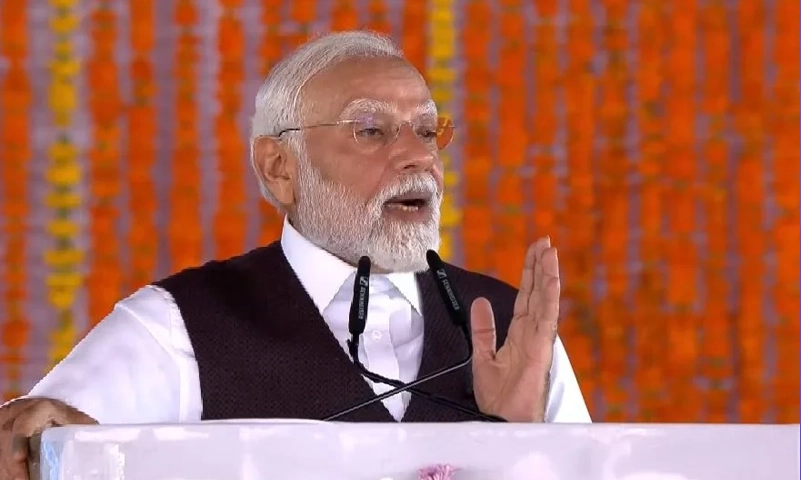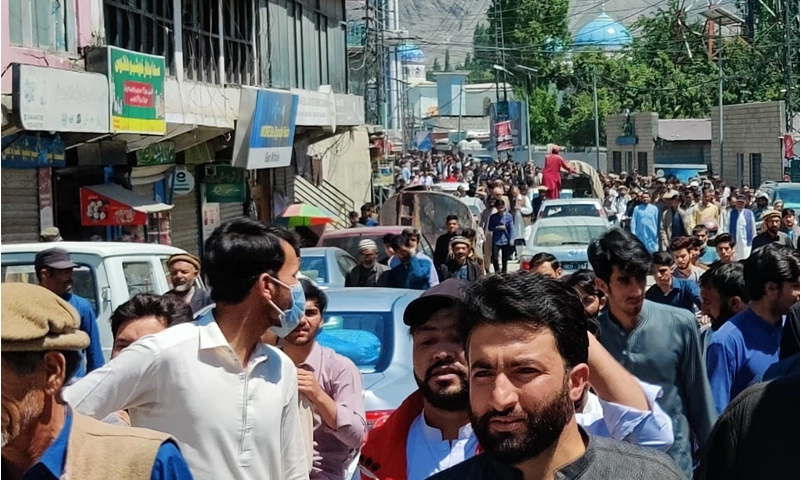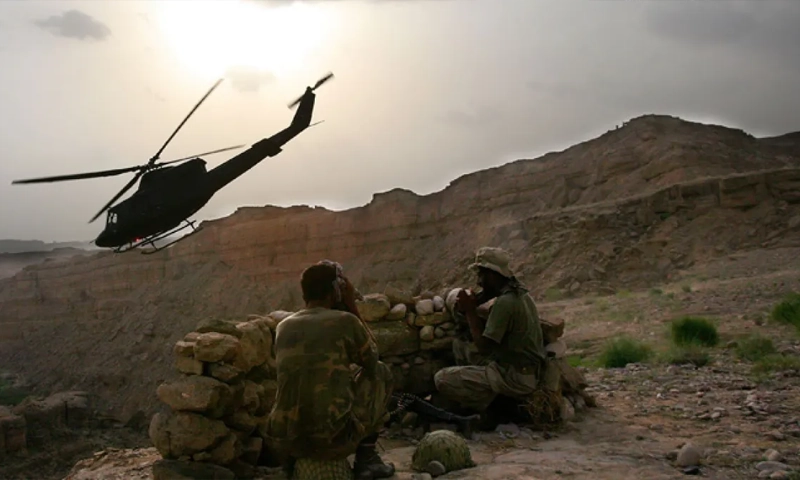- Uzair Chaudhary
- 18 Minutes ago

How can non-military person be tried in military court? SC judge
-
- Web Desk
- Dec 12, 2024

ISLAMABAD: Supreme Court’s constitution bench judge Justice Jamal Mandokhail has raised a question asking how individuals not enrolled in the armed forces could fall under the purview of military for a trial in a military court.
The constitutional bench, headed by Justice Aminuddin, heard intra-court appeals challenging the military courts’ decisions.
Representing the federal government, attorney Khawaja Haris argued that the Supreme Court’s ruling on military courts was divided into two parts: one invalidating certain provisions of the Army Act and the other addressing the custody of suspects tried by military courts.
Justice Mandokhail remarked, “The entire case revolves around Article 8. How can someone who is not part of the armed forces be placed under their discipline?”
Haris countered, saying, “If the law allows, then discipline can be applied.”
Justice Mandokhail replied: “If a person belongs to the army, military discipline applies. If they are in the agriculture department, agricultural rules will apply. But how can military discipline be imposed on someone unaffiliated with the department? Wouldn’t this violate Article 8?”
In response, Haris argued that the Army Act can apply to civilians under specific circumstances and maintained that the court does not have the authority to annul its provisions.
Justice Mandokhail pressed further: “By this logic, even contemplating incitement could bring someone under the Army Act. Doesn’t the act effectively render Section 1 of Article 8 ineffective?”
Haris defended the fairness of military trials, stating that Article 10-A, which guarantees the right to a fair trial, is upheld even in military courts.
Justice Mandokhail questioned the consistency of the legal framework asking: “If the President’s House, the highest office in the country, is attacked, the trial takes place in an anti-terrorism court. But if an army property is attacked, it’s tried in the military court. Why this disparity?” Haris replied that the legislature had established this distinction through its laws.
Justice Musarrat Hilali also raised concerns about procedural fairness, noting that copies of First Information Reports (FIRs) registered against to in military custody were not provided to the court. “Do military trials allow access to legal counsel and all relevant evidence?” she asked. Haris affirmed that military courts provide both to the accused.
The bench further pointed out legal ambiguities, with Justice Mandokhail asking, “If a soldier kills his officer, where would the case be heard?” Haris replied, “Such a murder case would be tried in ordinary courts.”
The constitutional bench adjourned the hearing until Friday (tomorrow).






